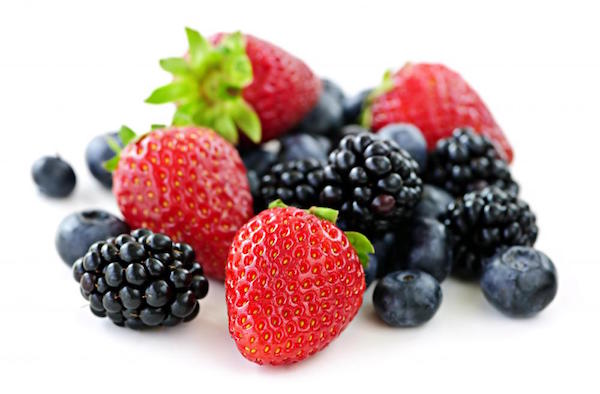For students, eating at college and university is an entirely new ballgame. Late night pizza deliveries and skipped breakfasts quickly leads to developing bad eating habits.
Here are some simple but important healthy eating tips for students.
Eat a nutritious breakfast. Studies show that skipping breakfast reduces scholastic achievement. When there isn’t time to sit down and enjoy a morning meal; grab a bagel or whole wheat toast, piece of fruit and some juice.
The food choices students make can affect whether or not they are able to remain awake during class, and whether or not they will come down with colds, flu or another illness when it hits the campus. The problem is not only about eating junk food, it’s more about not getting the proper proteins, carbs, vitamins and minerals that they need.
 If you must eat fast foods, choose wisely. Choose pizza with half the cheese, a regular size roast beef sandwich, baked potato or green salad with reduced calorie dressing. Limit high fat offerings like French fries and fried chicken.
If you must eat fast foods, choose wisely. Choose pizza with half the cheese, a regular size roast beef sandwich, baked potato or green salad with reduced calorie dressing. Limit high fat offerings like French fries and fried chicken.
When it comes to defending against illnesses; vitamins and minerals are very important. It’s best for students to get their nutrition from food.
If supplements are needed; be sure to add only supplements that are made of whole foods and botanical extracts.
You can find vitamin C in citric fruits, vitamin A in milk and dairy products and vitamin E in nuts, whole wheat products and green leafy vegetables. This is the ideal way to get nutrition, as your body relies on these vitamins for many reasons.
Keep healthy snacks on hand. If hunger strikes during a late night study session, you won’t be tempted by vending machine candy, chips or ice cream. Healthy eating tips for student snacks include fresh or dried fruit, pretzels, plain popcorn, rice cakes or whole wheat crackers and cheese. Eat raw vegetables and fruit with yogurt or cottage cheese dip.
When you eat on campus, skip the sodas and go right to the juice machines. Explore the different entrees available and go to the salad bar where there are fresh vegetables and fruits. You can also try putting some broccoli and cauliflower in the
microwave for steamed vegetables.
Eat plenty of foods rich in calcium. People in their early twenties need to be building up stores of calcium in their bodies to prevent osteoporosis later in life. If you don’t like milk, try to include ample amounts of yogurt, cheese and green leafy vegetables in your daily routine.
There are always healthy cereals and plenty of fresh fruit available in dining halls as well.
If you need to lose weight, do it sensibly. Starvation and diets that offer a quick fix usually backfire and are harmful. The only safe way to lose weight, feel good while doing it, and keep it off, is to eat a balanced diet and exercise.
Limit your sugar intake– Sugar provides calories in your diet but few other nutrients, and it contributes significantly to tooth decay and weakens your immune system.
Avoid excessive amounts of caffeine and synthetic smart pills. During those stressful study periods before exams; avoid drinking a pot of coffee or consuming synthetic smart drugs. If you need a memory booster then try an all natural dietary supplement that have no harmful side effects.
Drink lots of water. Your body needs 1 oz of water for every 2.2 pounds (100 lbs needs 5.6 glasses per day). If you exercise vigorously, you may need more. To remind yourself, carry a water bottle along to class and keep it handy during late night study sessions.
Always remember that eating healthy isn’t just about avoiding greasy foods. Eating healthy involves getting a balanced diet and getting the right nutrients and vitamins to keep your body in peak performance – or at least awake during
your classes.
If you enjoyed this article and received some valuable tips for eating healthy for students share it with your family and friends.

